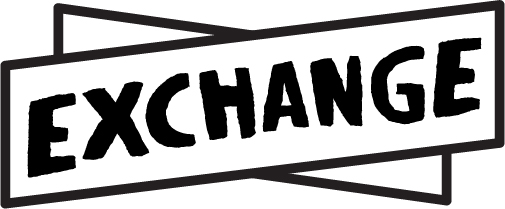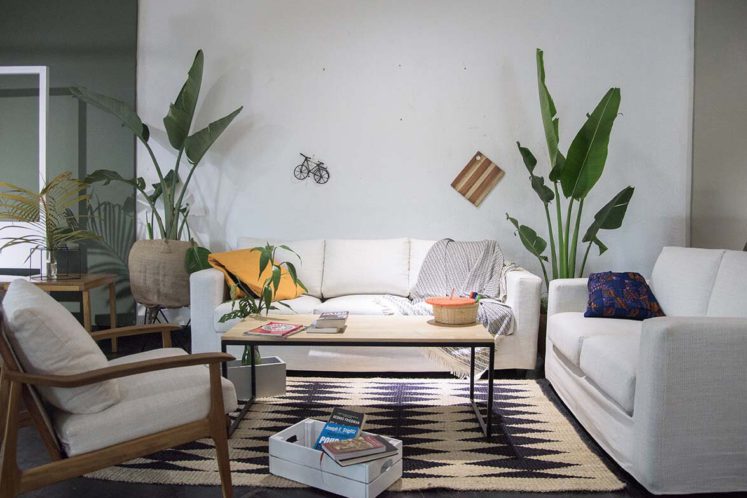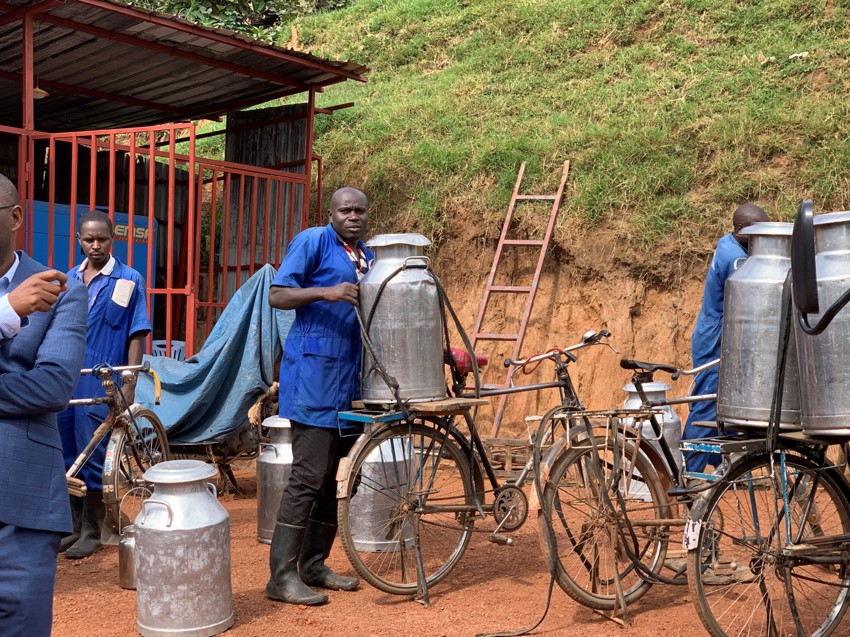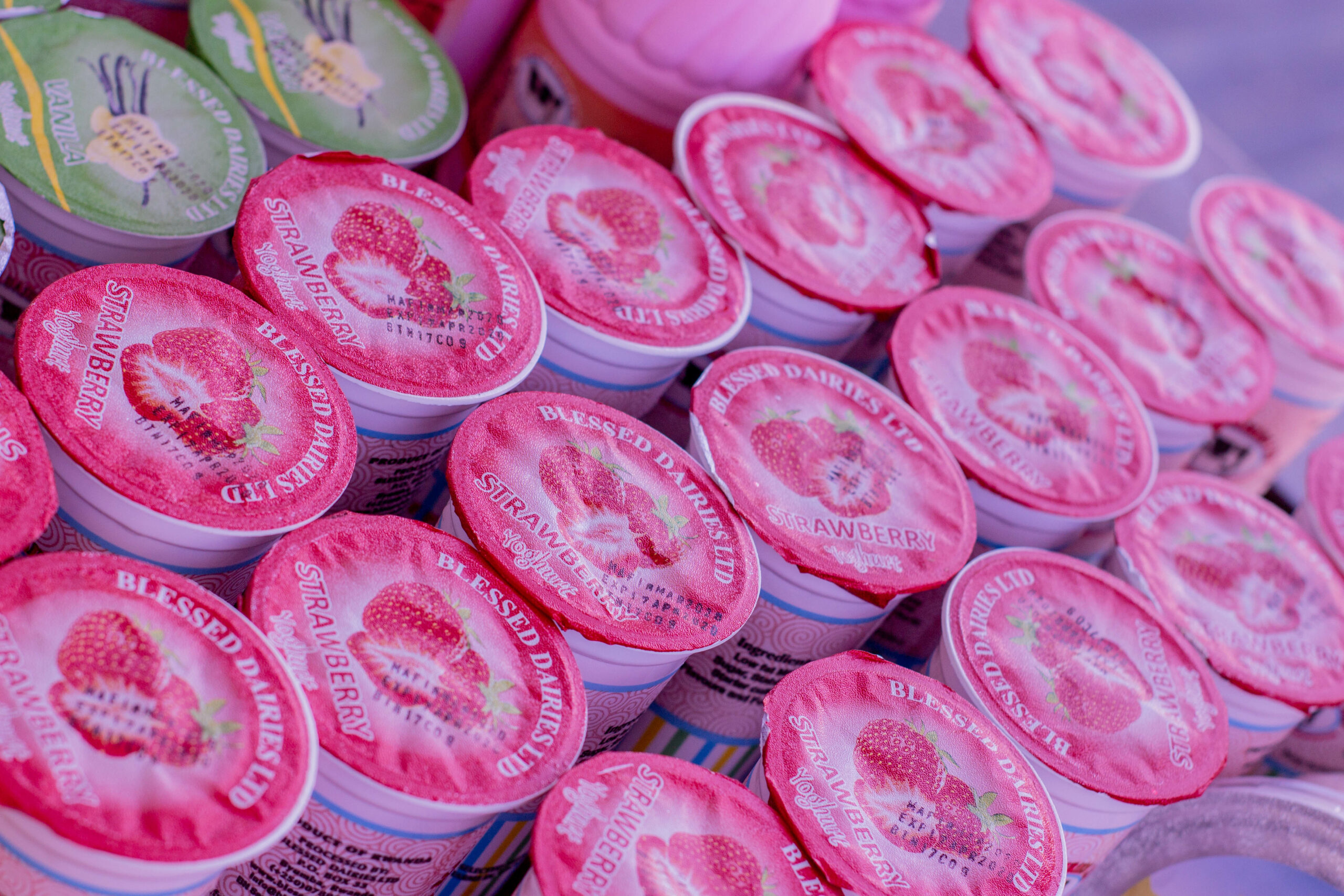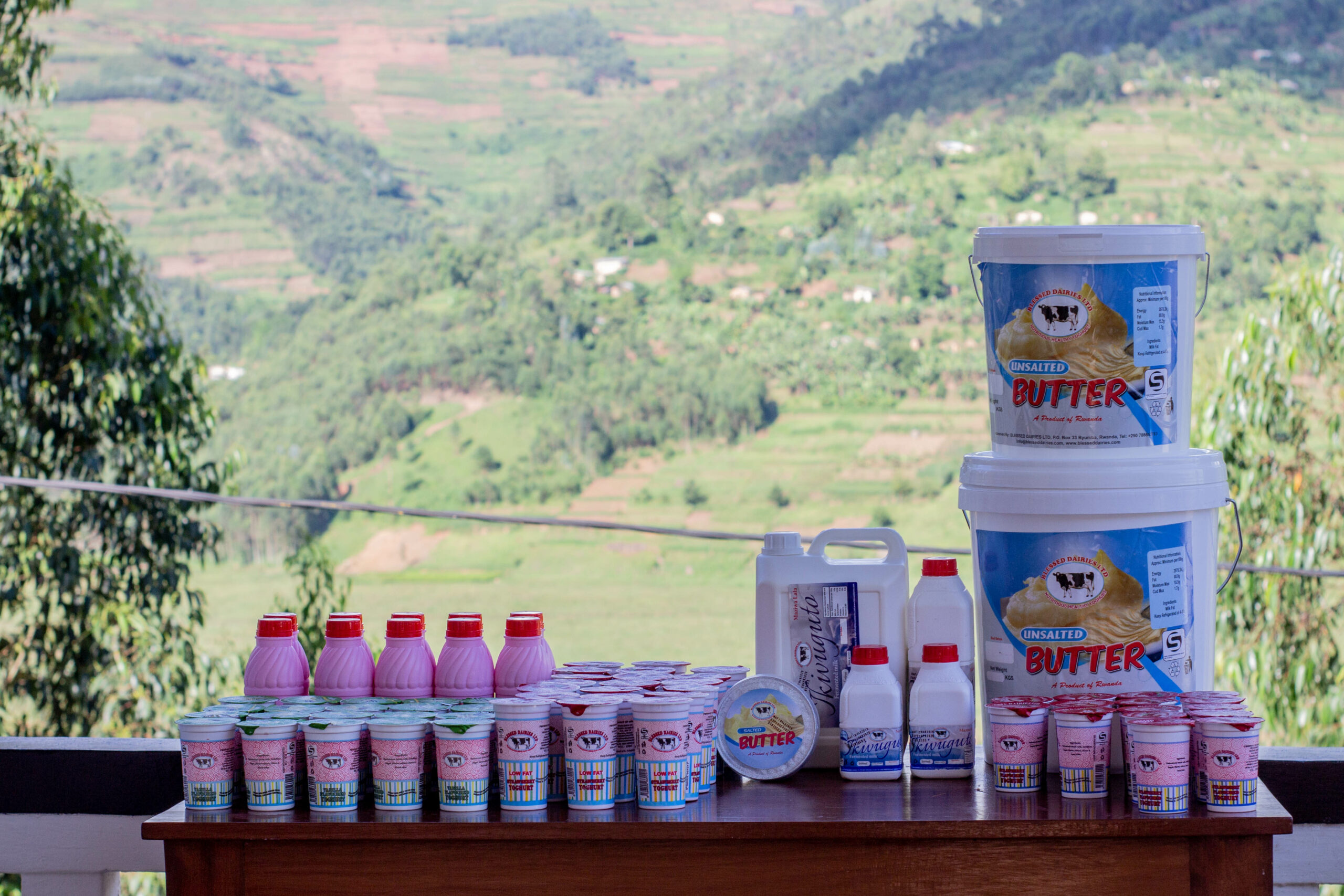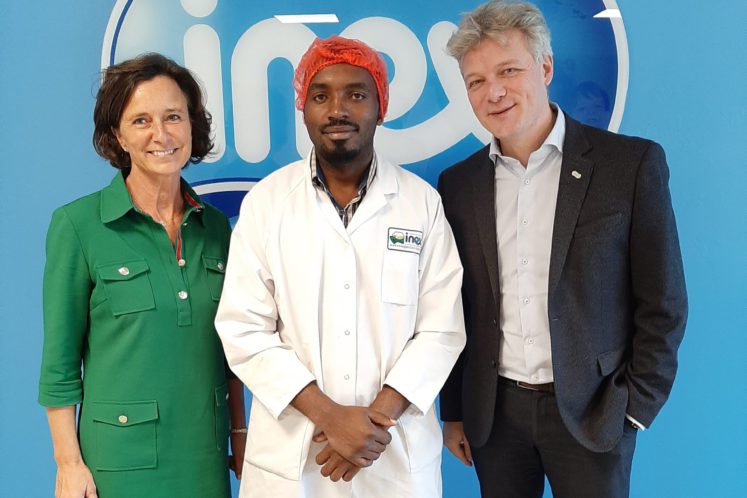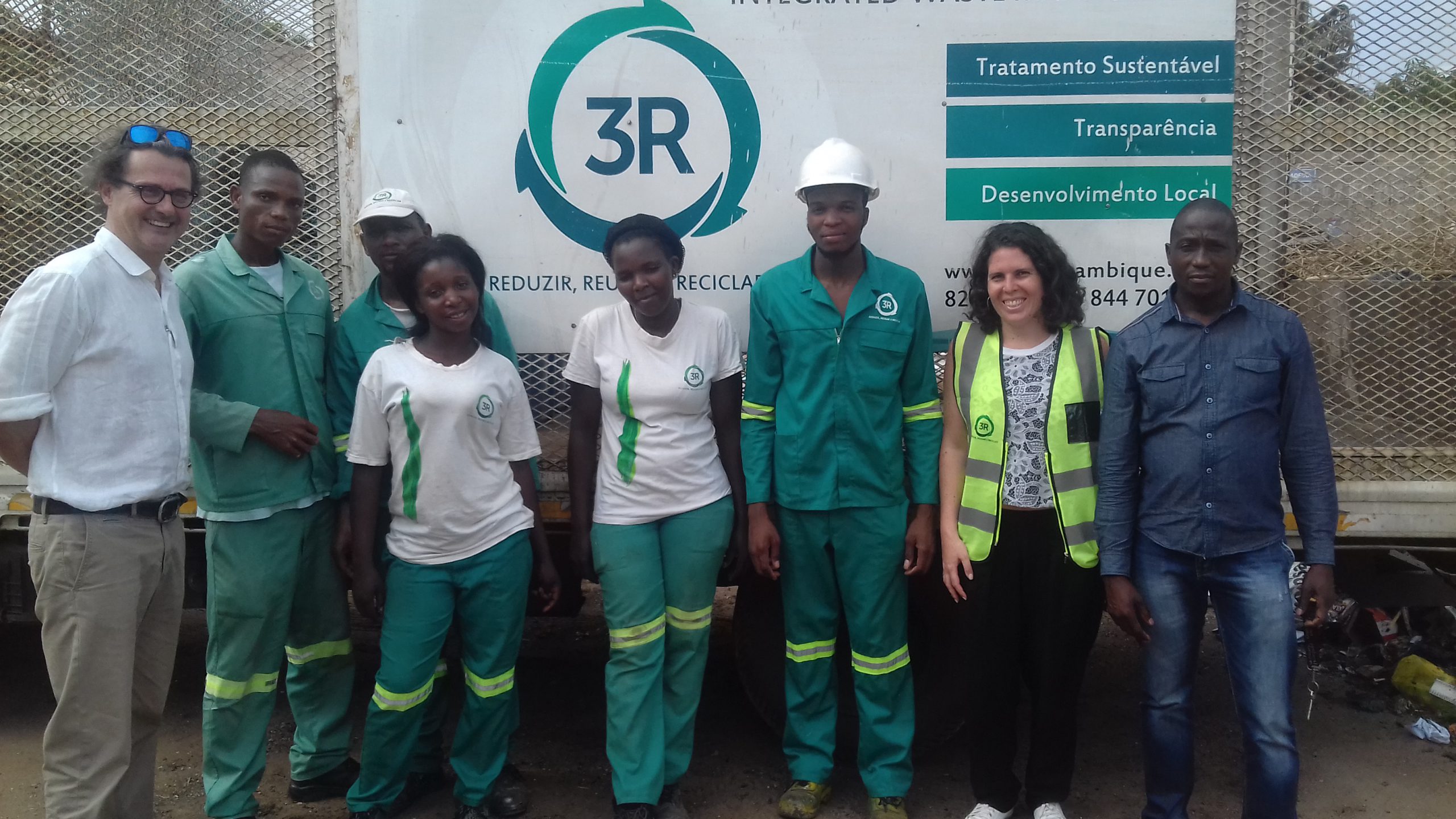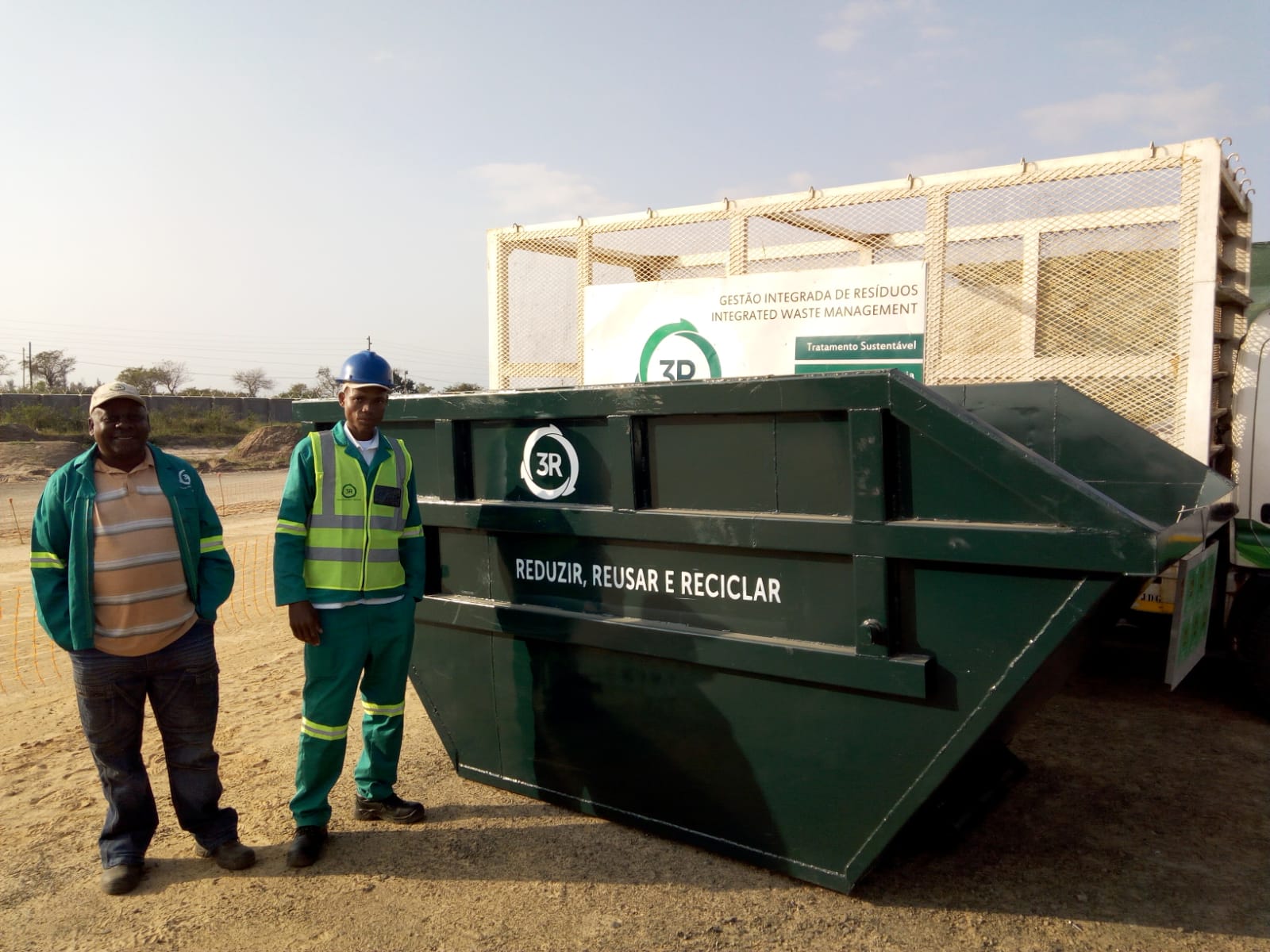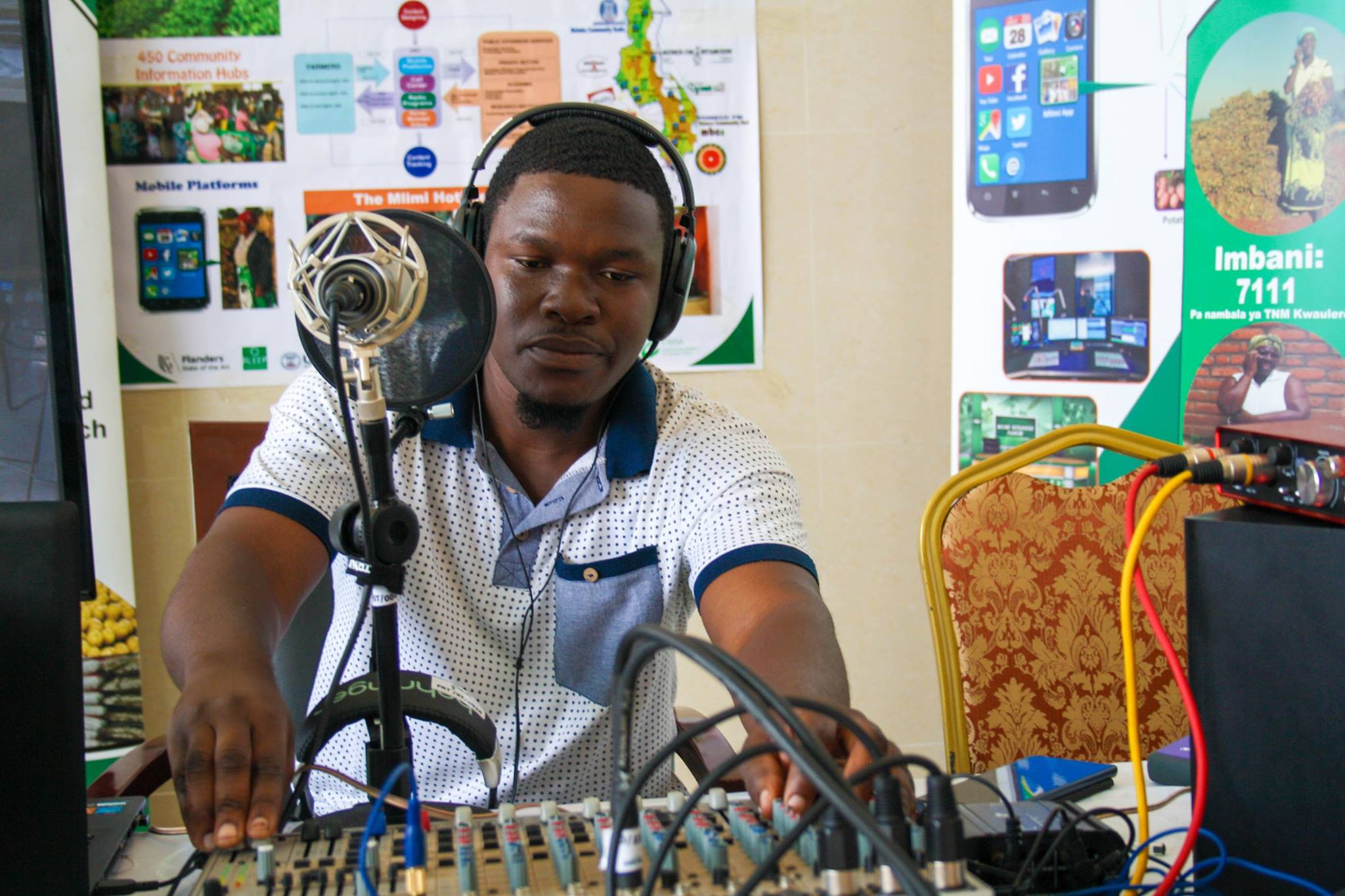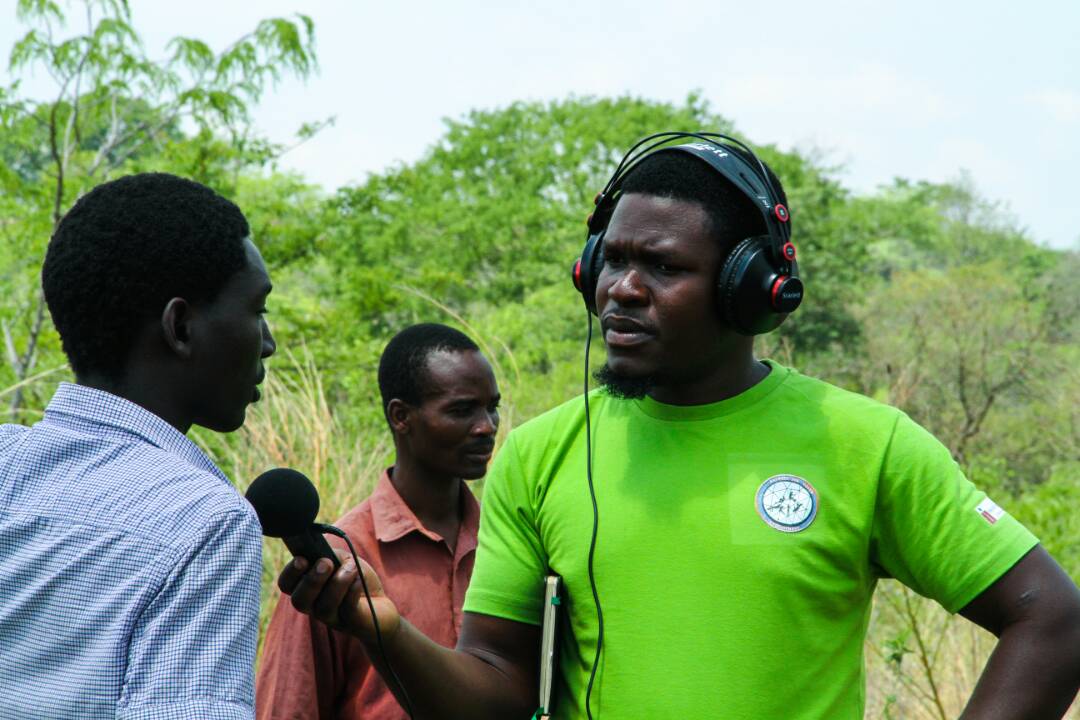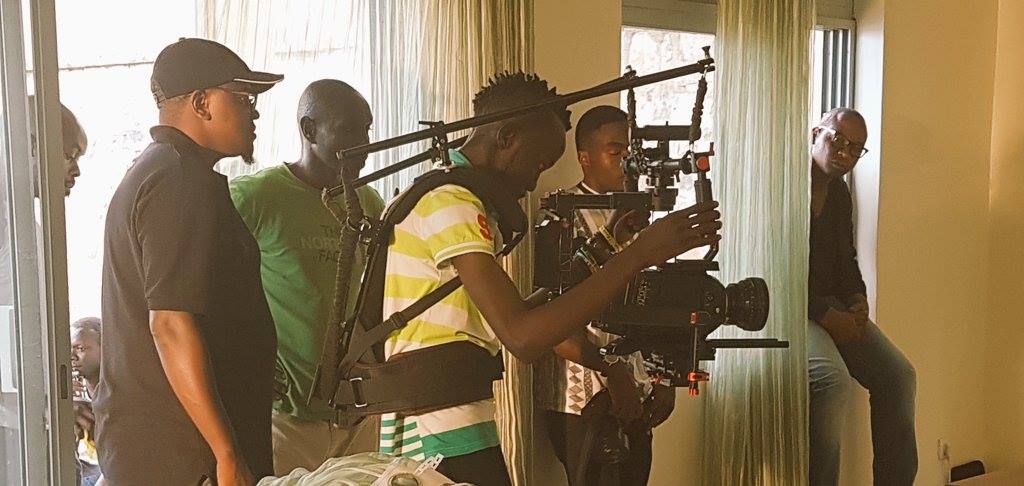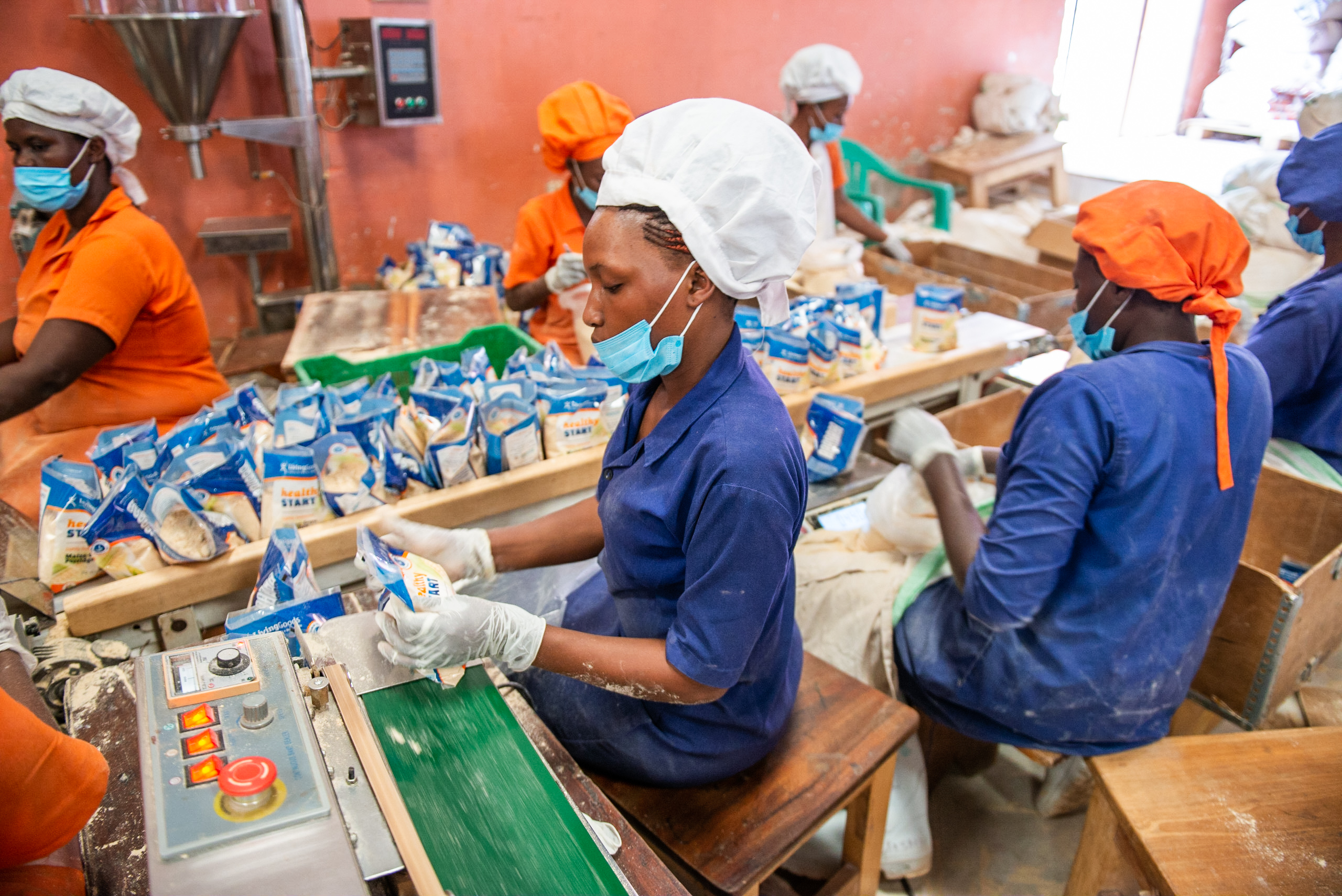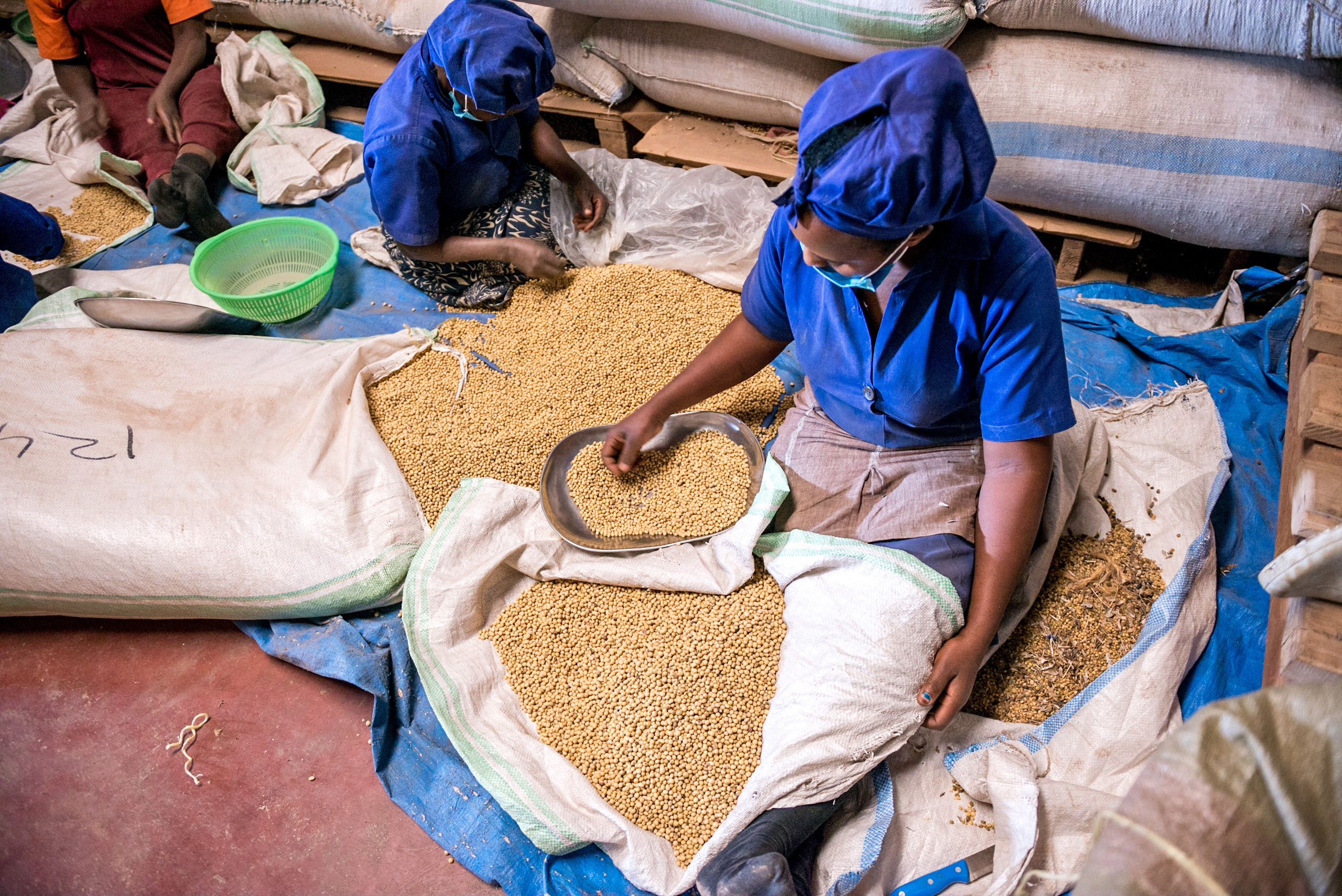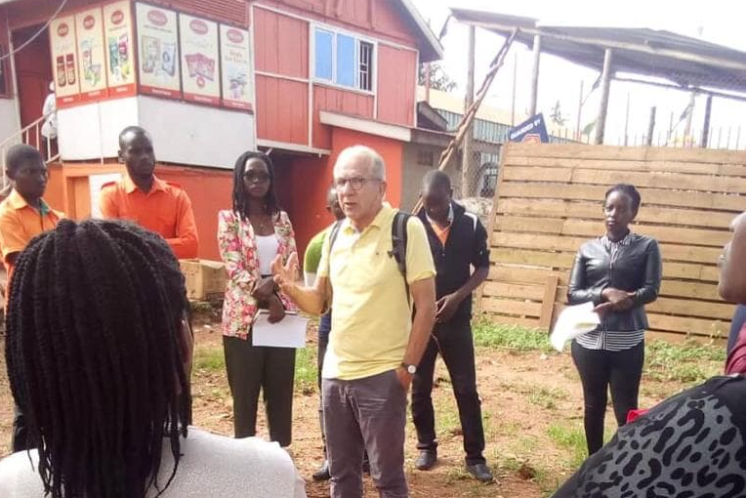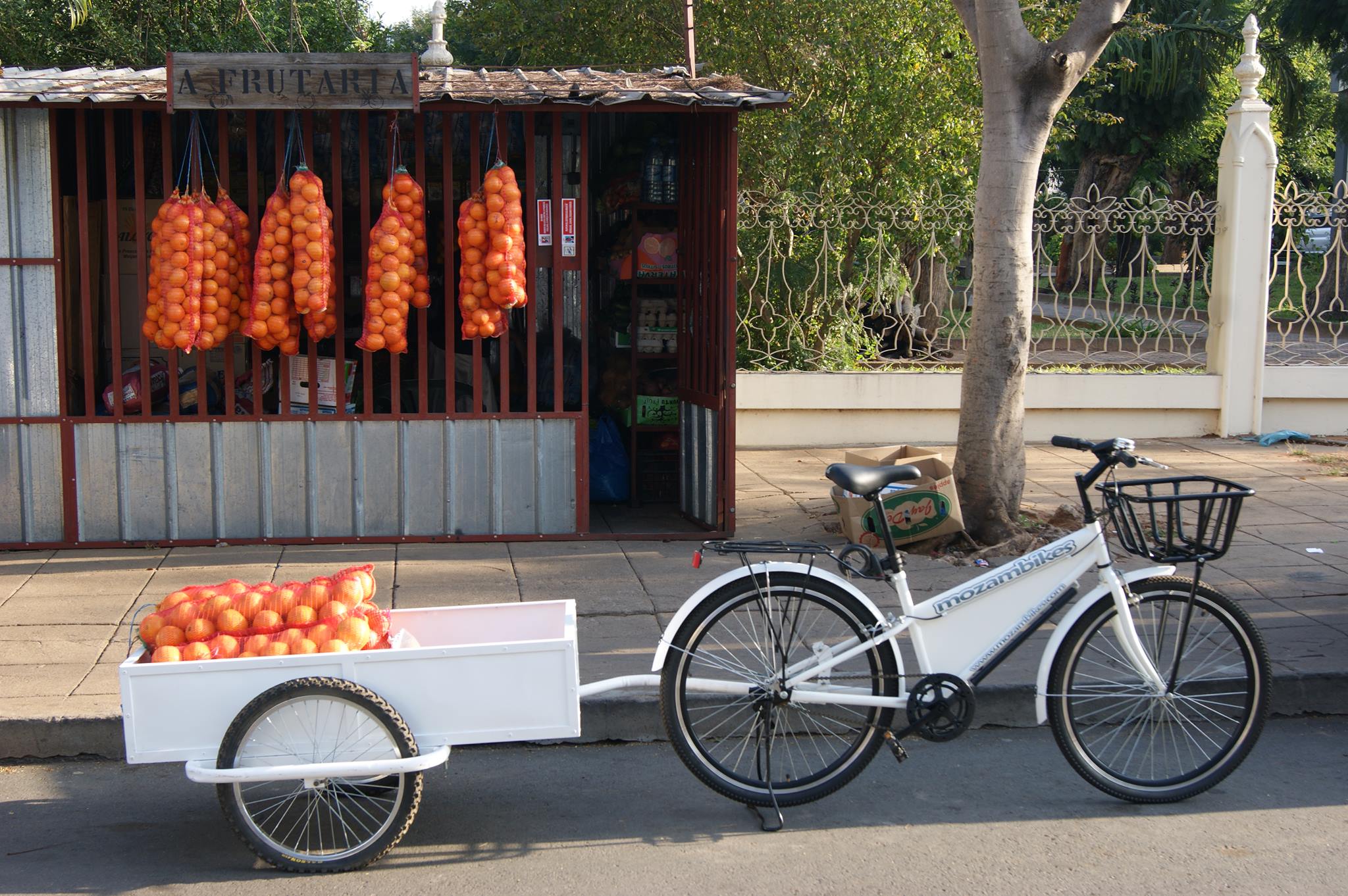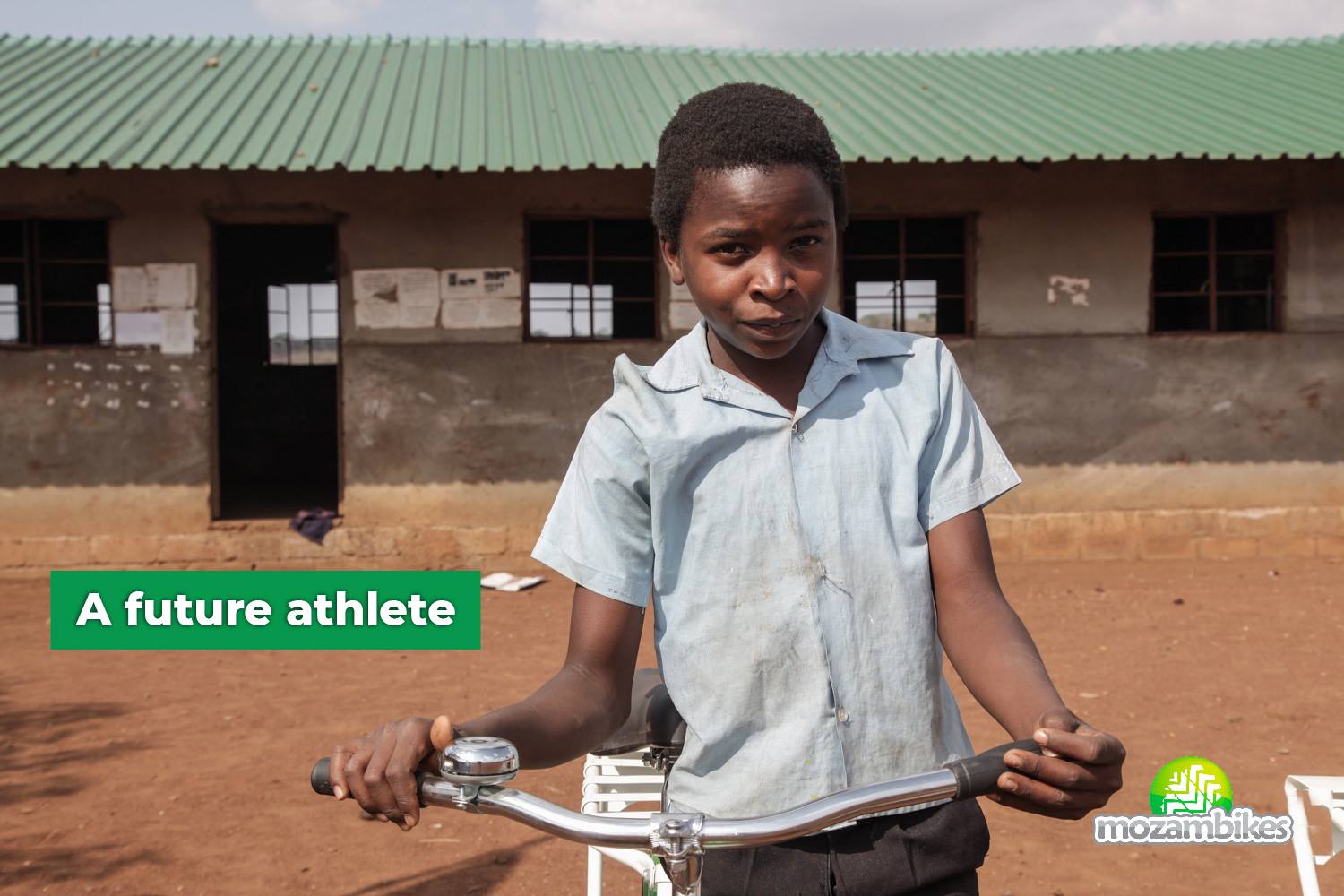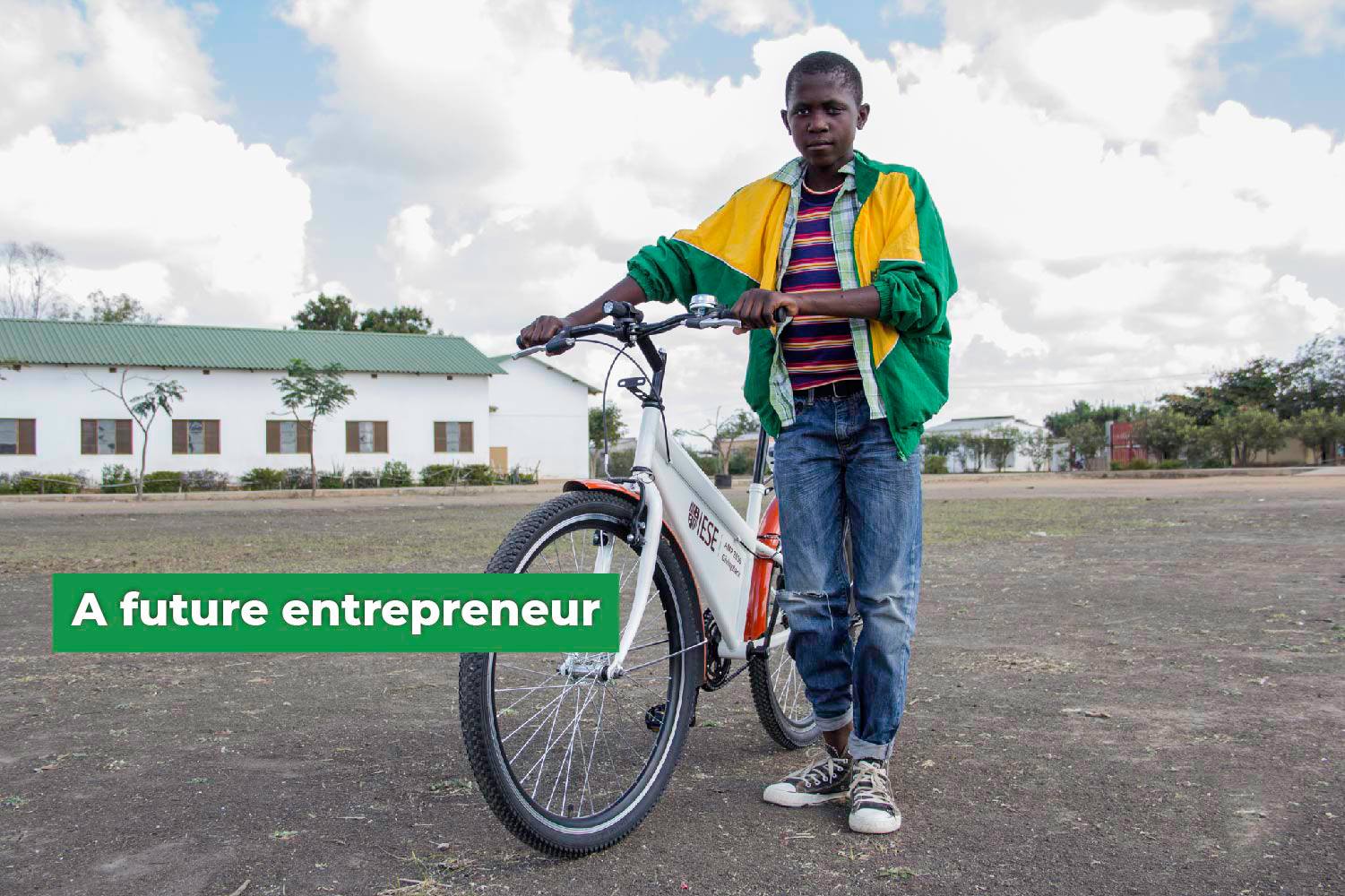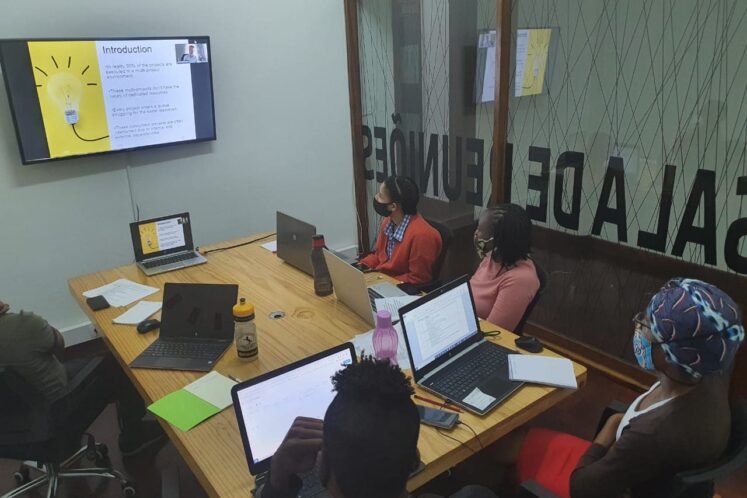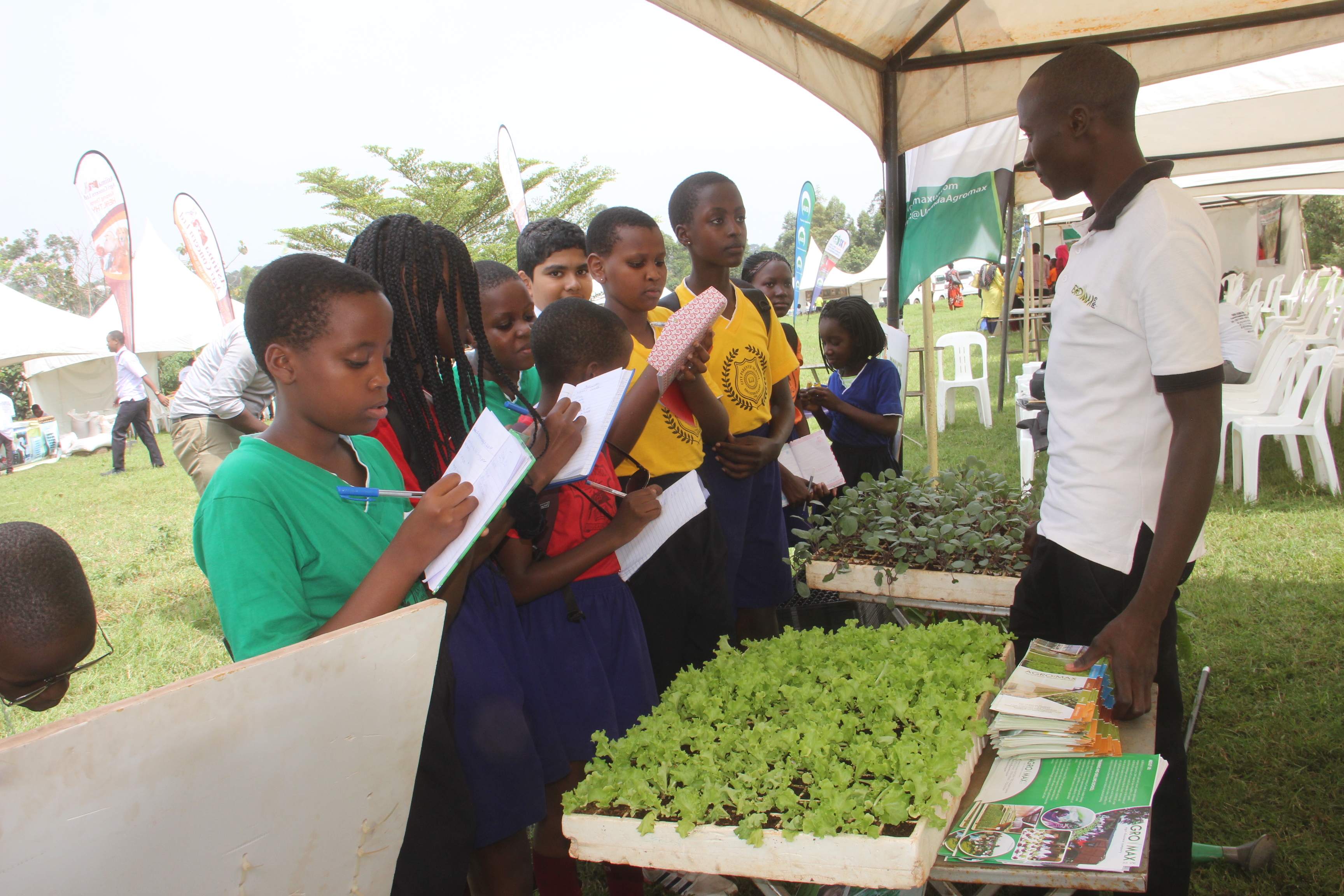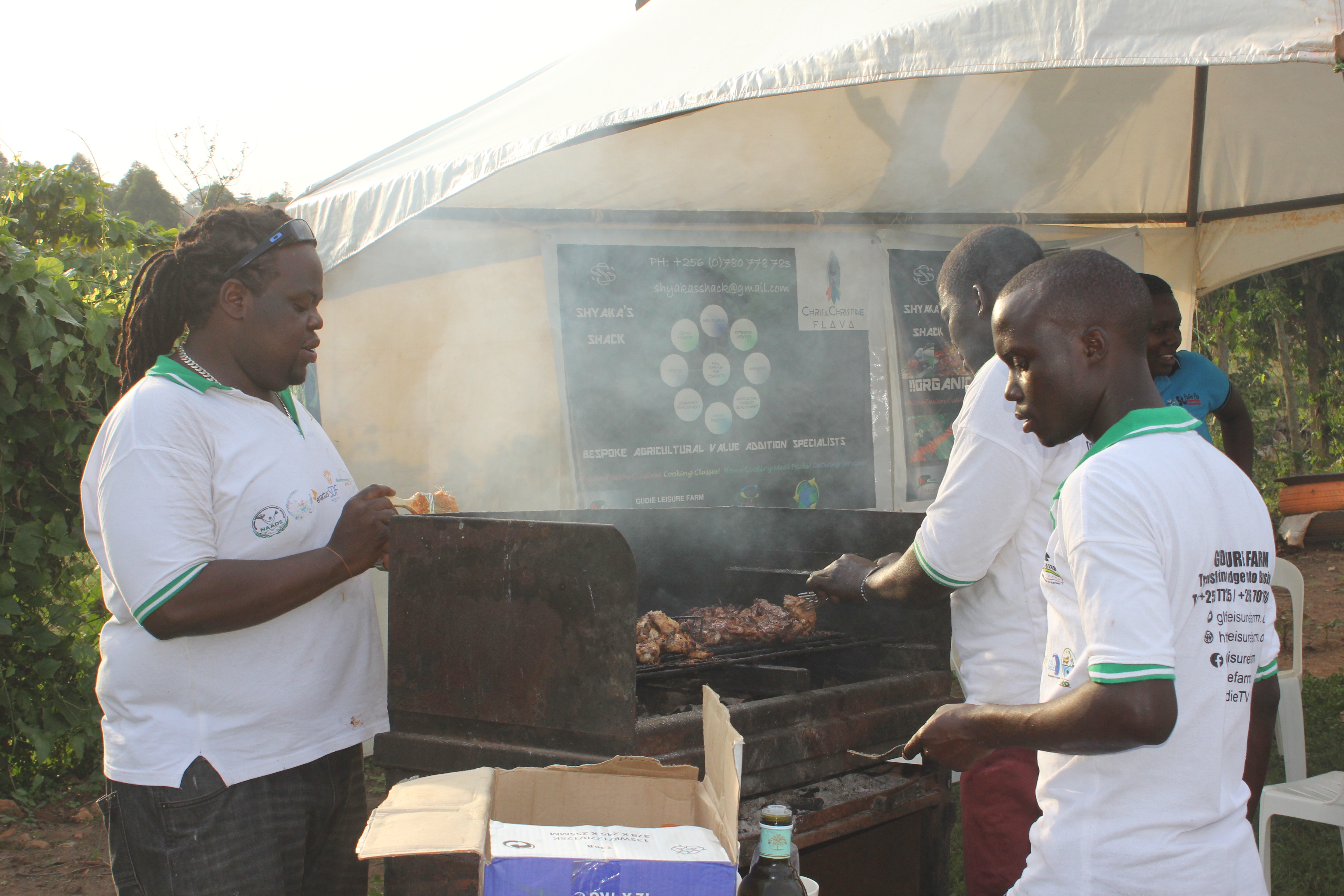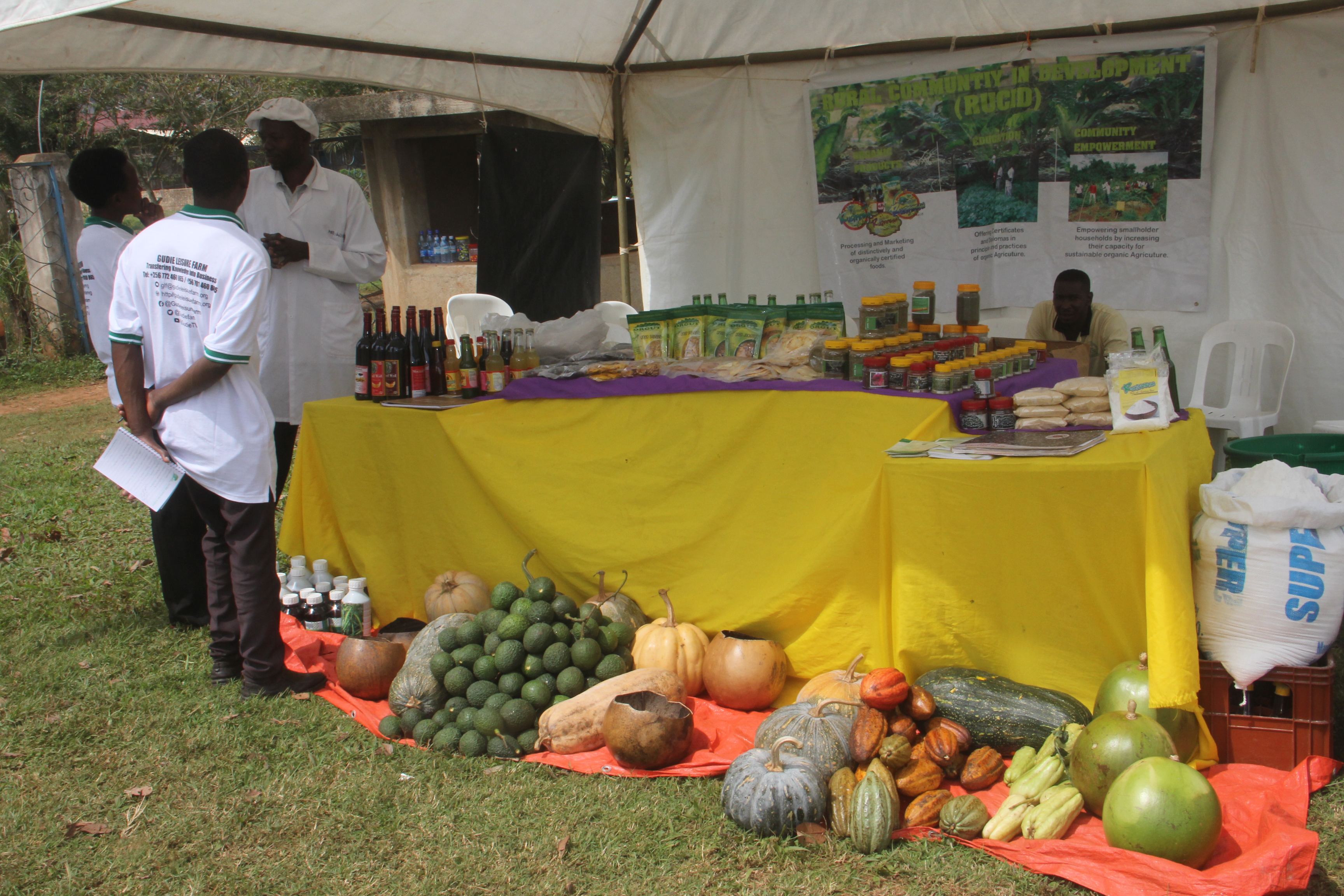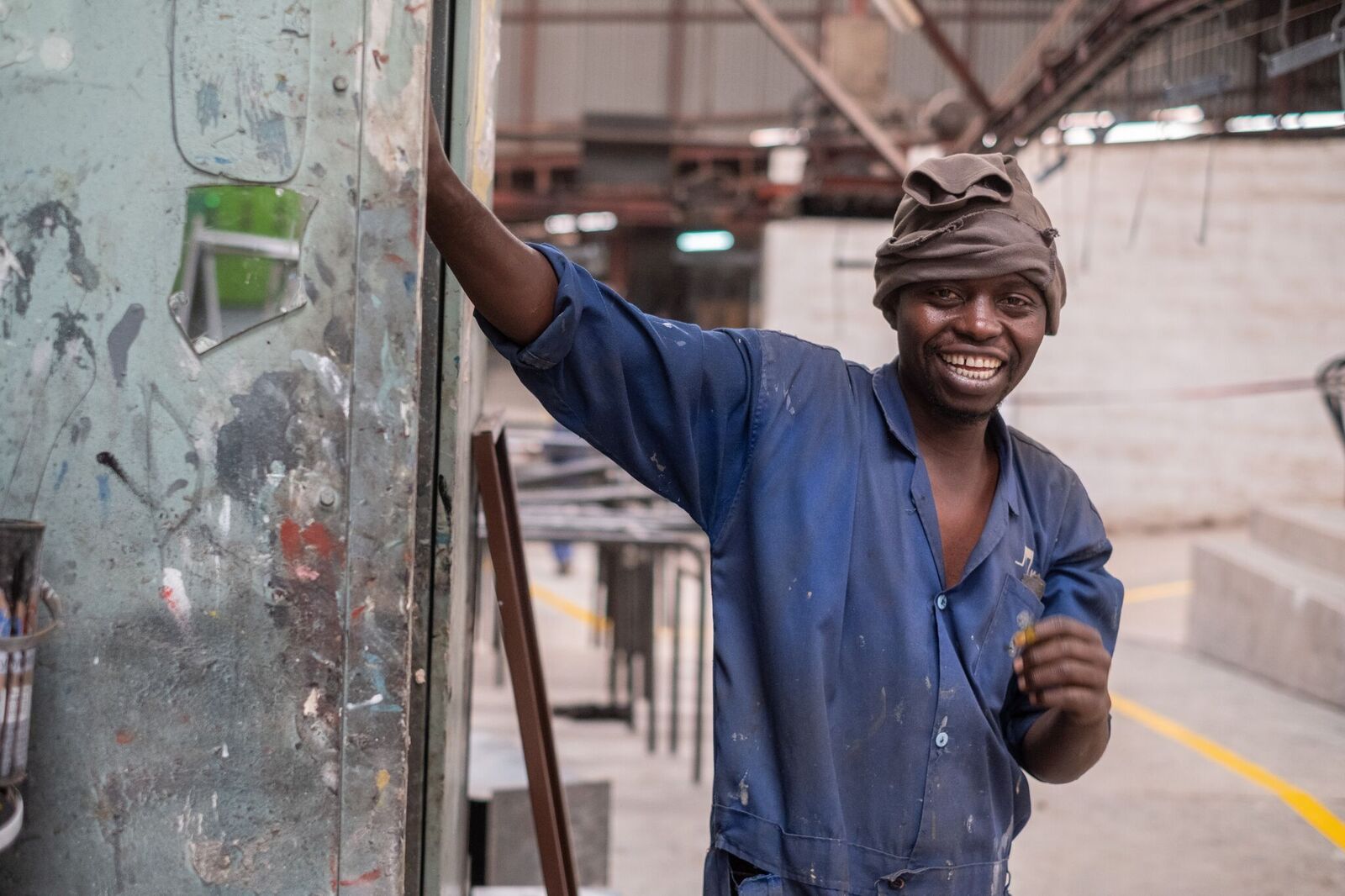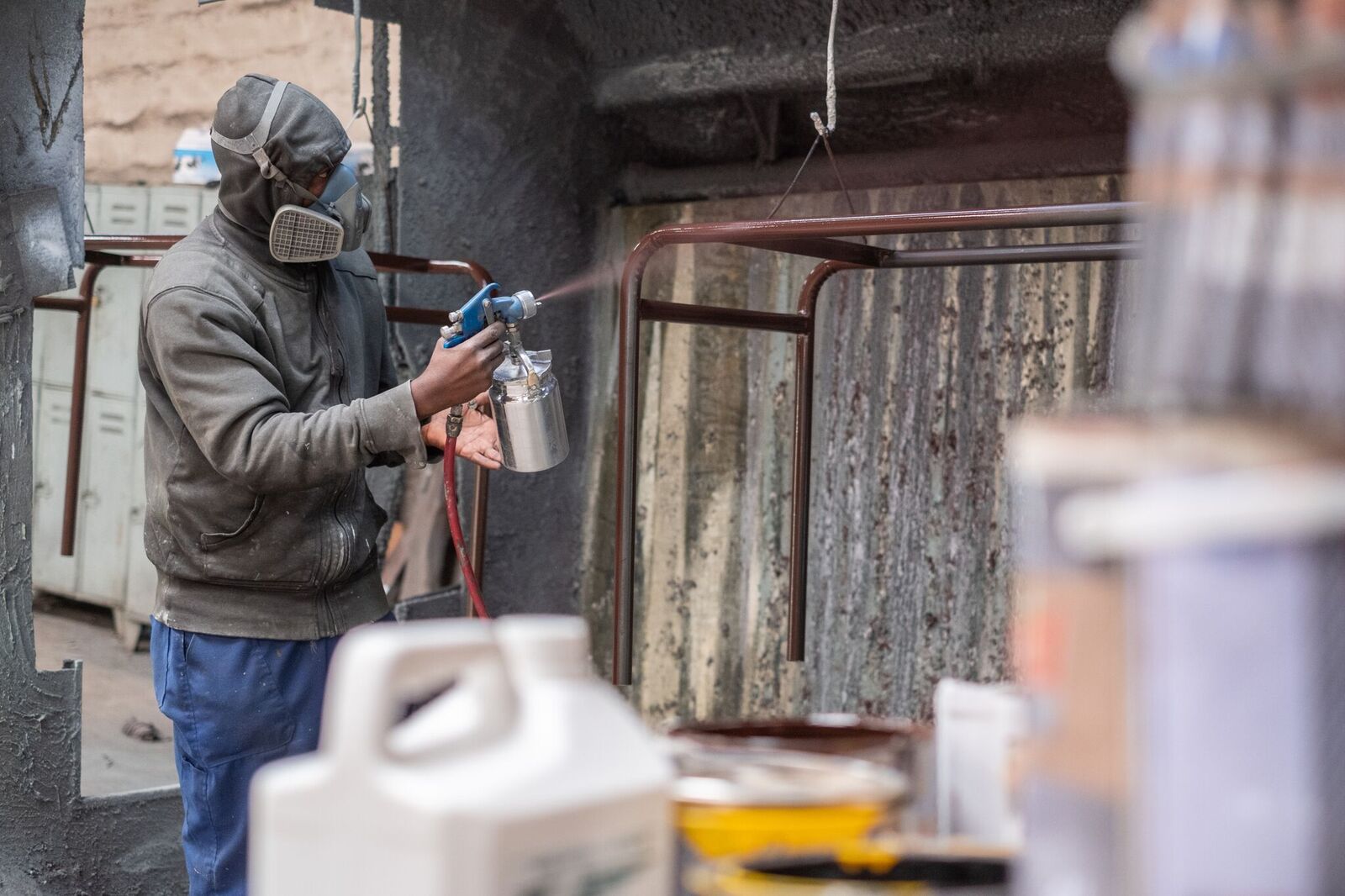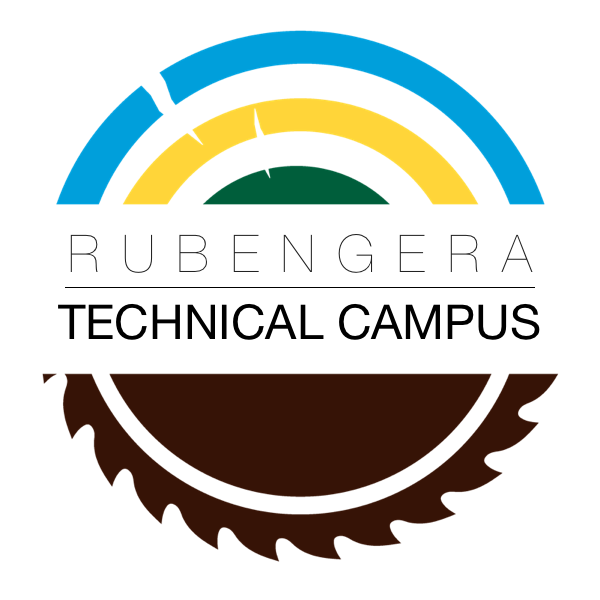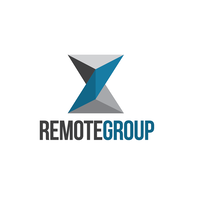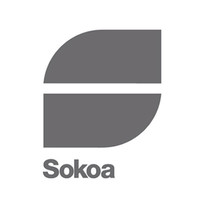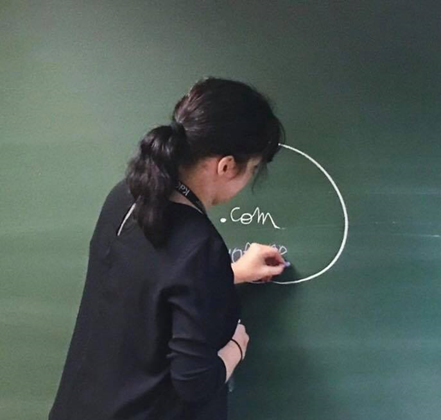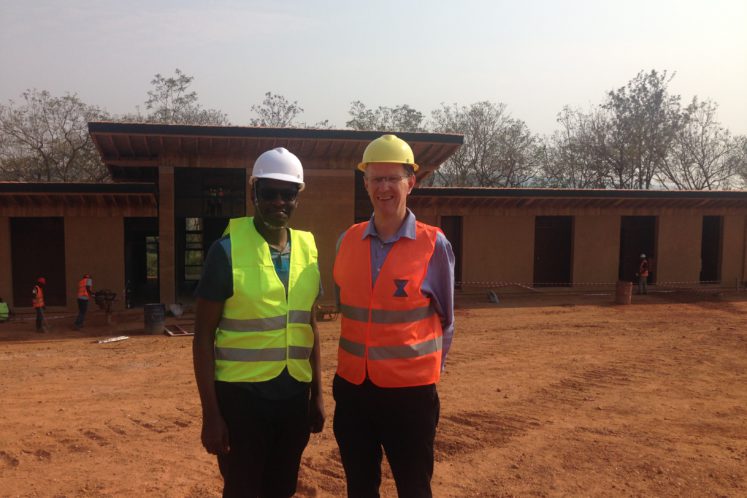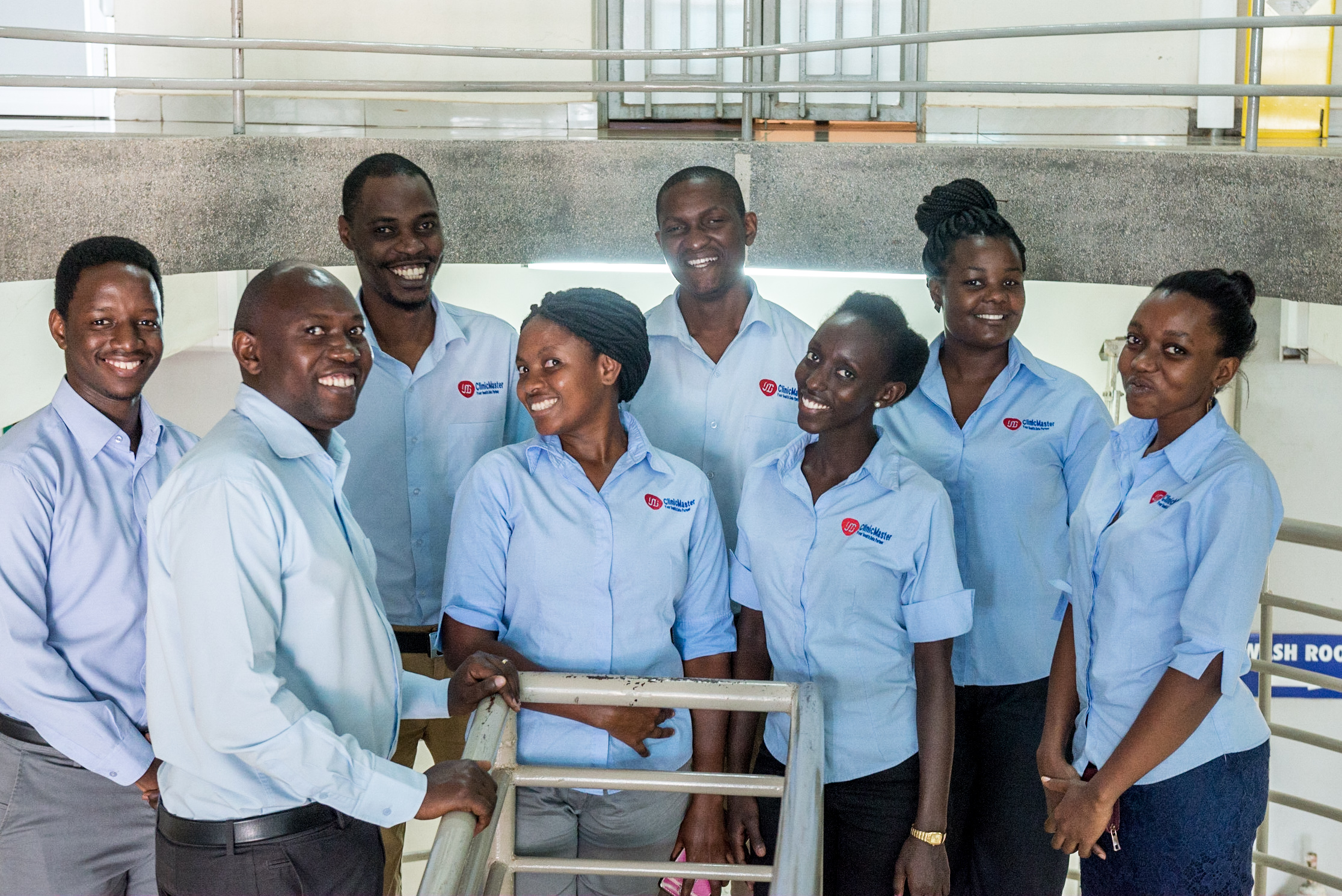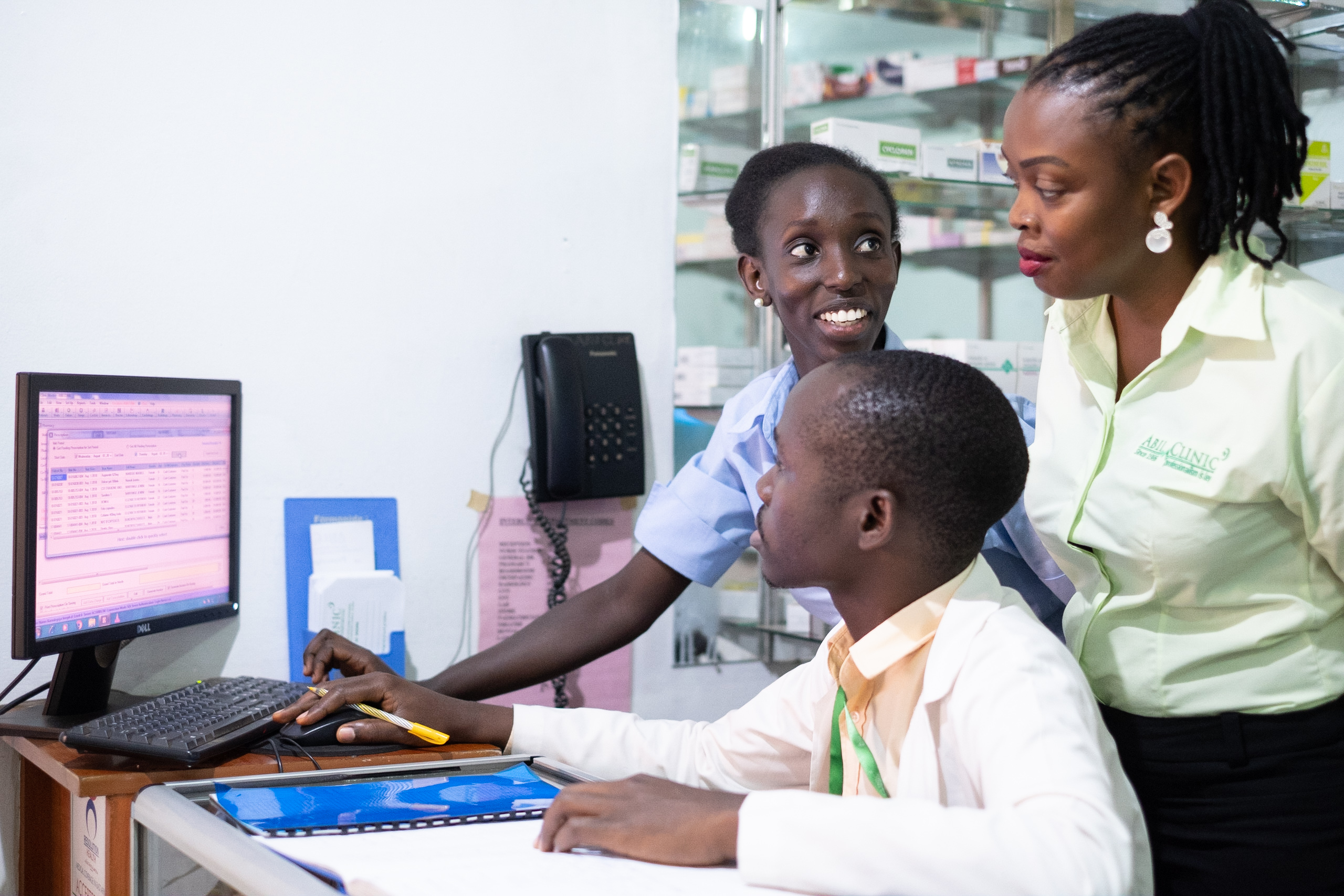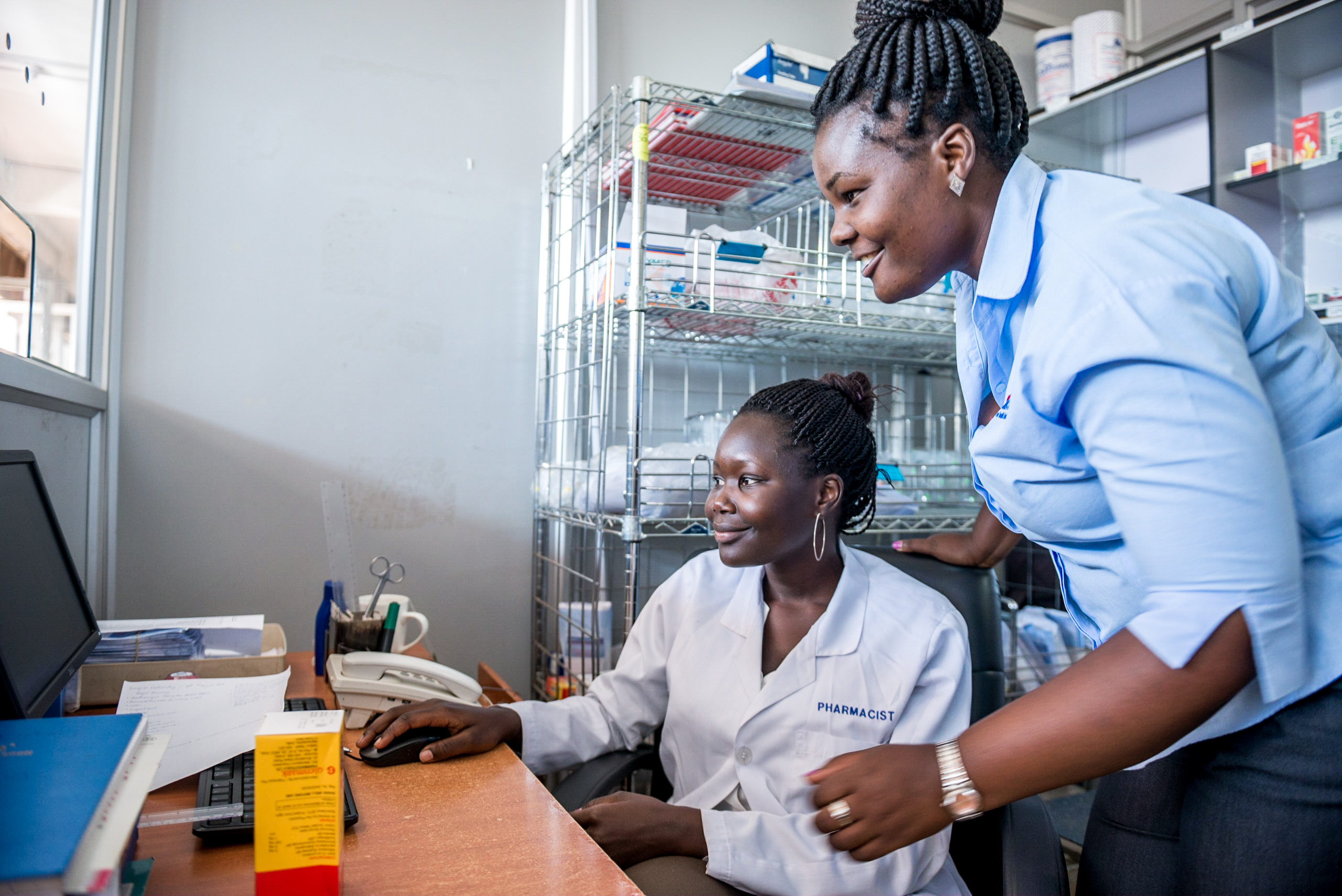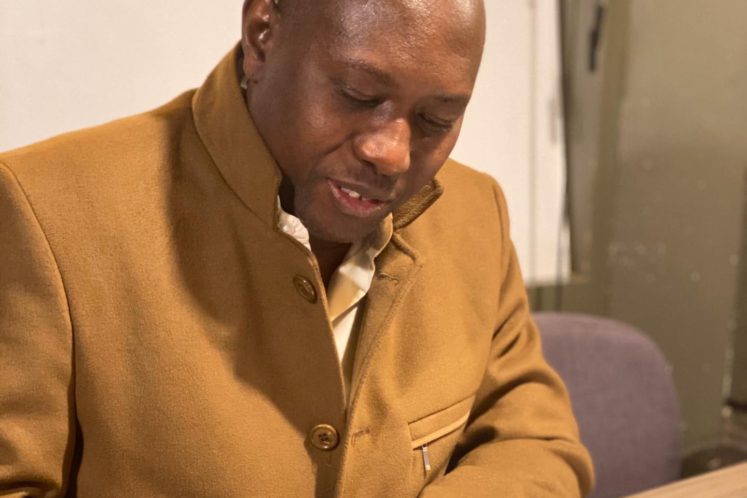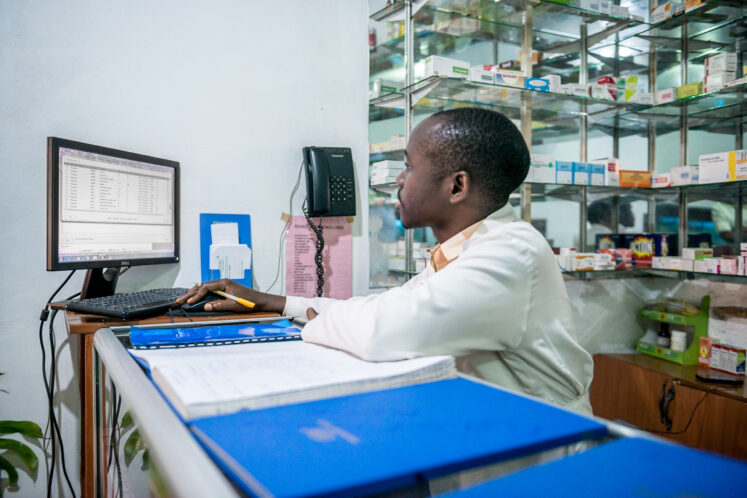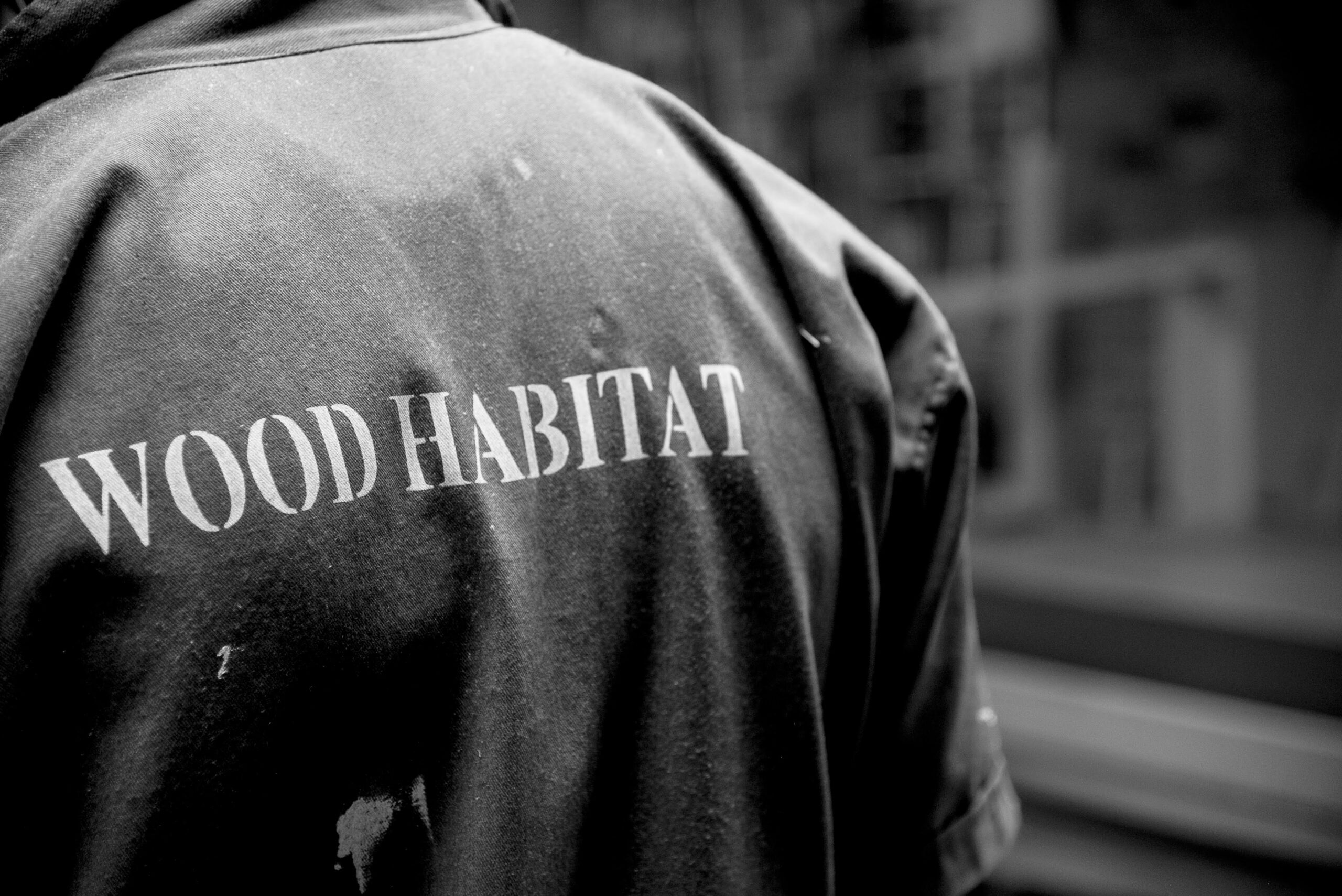
Wood Habitat, a promising company!
Personal project becomes professional company
Wood Habitat was founded by the young female entrepreneur Paradis Imfura. It all started as a personal project but quickly developed into a professional company with a good reputation. Paradis uses local materials and focuses on creative designs and quality details. Because she is very open towards a close collaboration with her customers, the demand for beautiful locally produced furniture keeps increasing. In 2015 Wood Habitat started with its own wood workshop focusing on custom made furniture designs. Recently Wood Habitat also started producing doors and interior accessories.
Wood Habitat provides jobs to 40 people and trains a big number of young people. At least 30% of its employees is in training. Trainees get offered a permanent contract after finishing their traineeship. Wood Habitat offers decent jobs: permanent employees receive several social advantages.
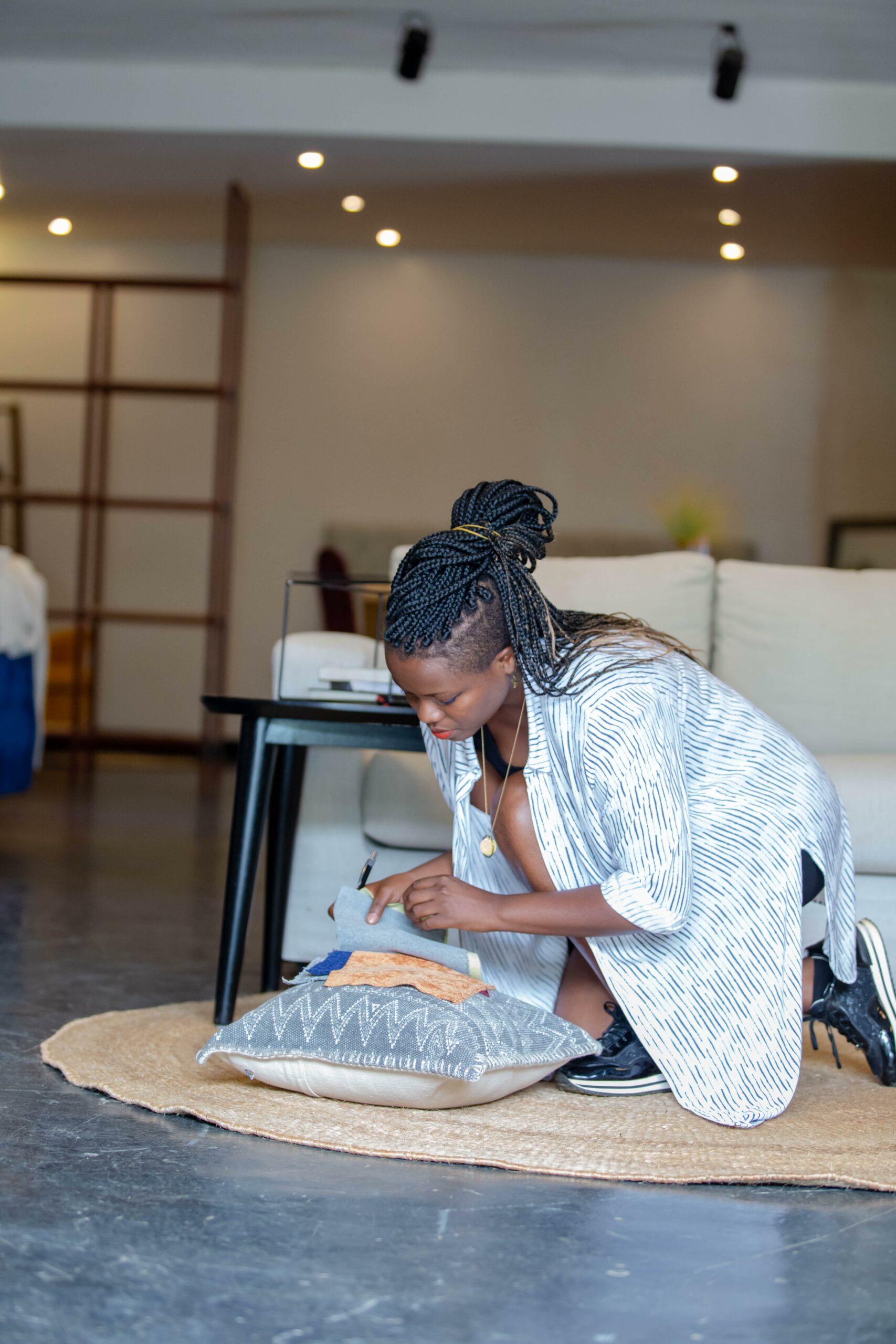
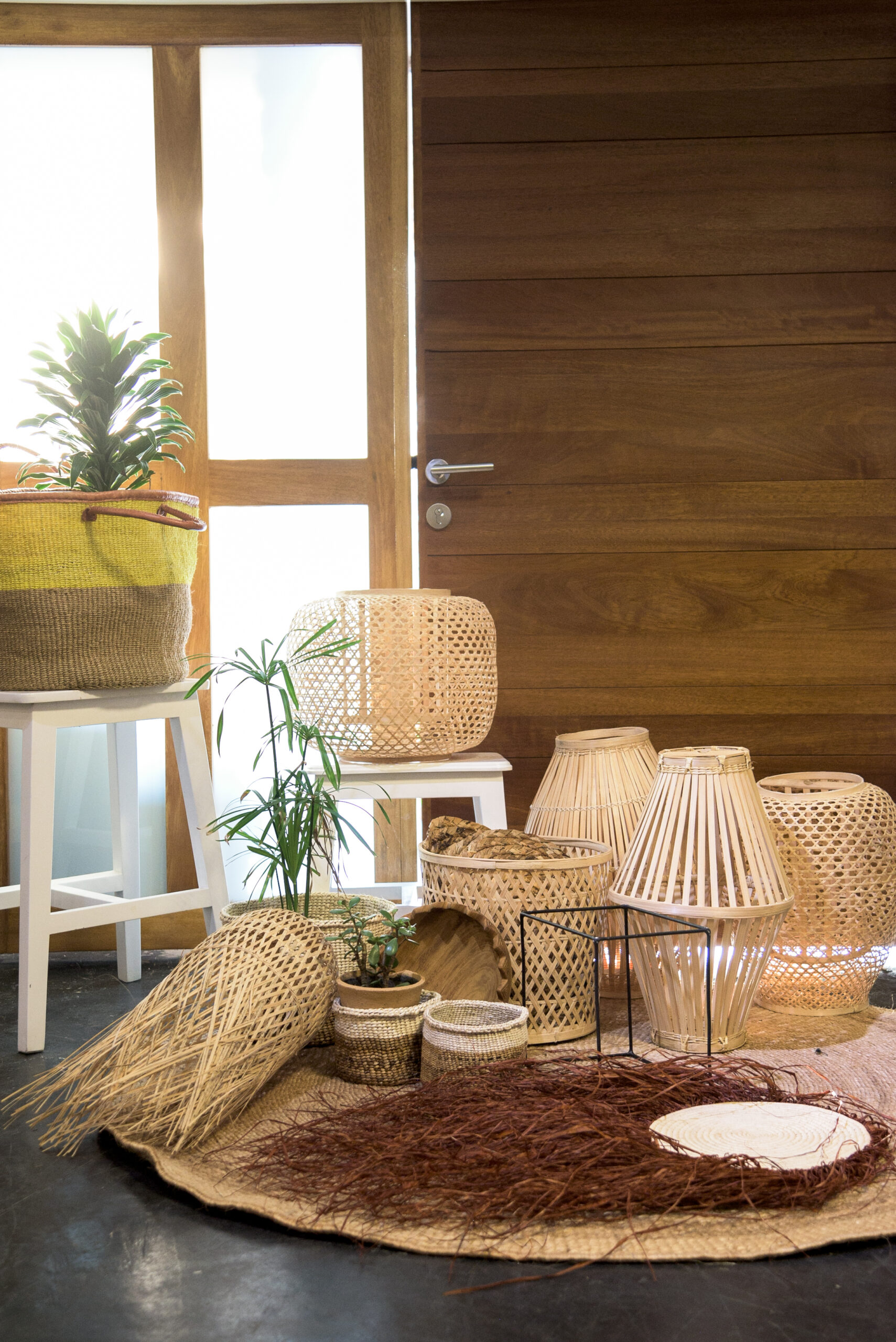
Big ambitions, intense growth programme
The ambition of Paradis is big: towards 2024 she wants to at least triple Wood Habitats turnover and create not less than 120 stable jobs. Except for Rwanda she also wants to sell her furniture on the Congolese, Ugandese, Kenian en Burundese market. She also aims to get a great client satisfaction: selling a product means the start of a profound client relation. She also would like to be the first in the East African Community (EAC) to sell upholstered furniture. Until now, all upholstered furniture is imported from outside EAC.
To reach this ambition Wood Habitat will have to improve several domains in the company: the production speed and the quality has to progress, if Wood Habitat wants to maintain and enlarge its clientele.
The growth progamme will focus on quality control: there is a need of quality templates for each product and technical sheets for intermediate check. Also cost control will be addressed: for each product there will be an estimation of work time and material. The teams of Wood Habitat will also get a specific training: the goal is to have a specialised team for each of the products but also have teams responsible for specific departments in the company, like waste management, security and cleanness, energy and resources. The Exchange coach Robert Myncke will help Paradis to achieve her goals. Also the use and maintenance of wood machinery will be checked by an Exchange wood expert. Exchange will also look for an upholstery expert to give Paradis a specific training on this topic.
The entire Exchange team is looking forward to this promising and very diverse growth programme!
